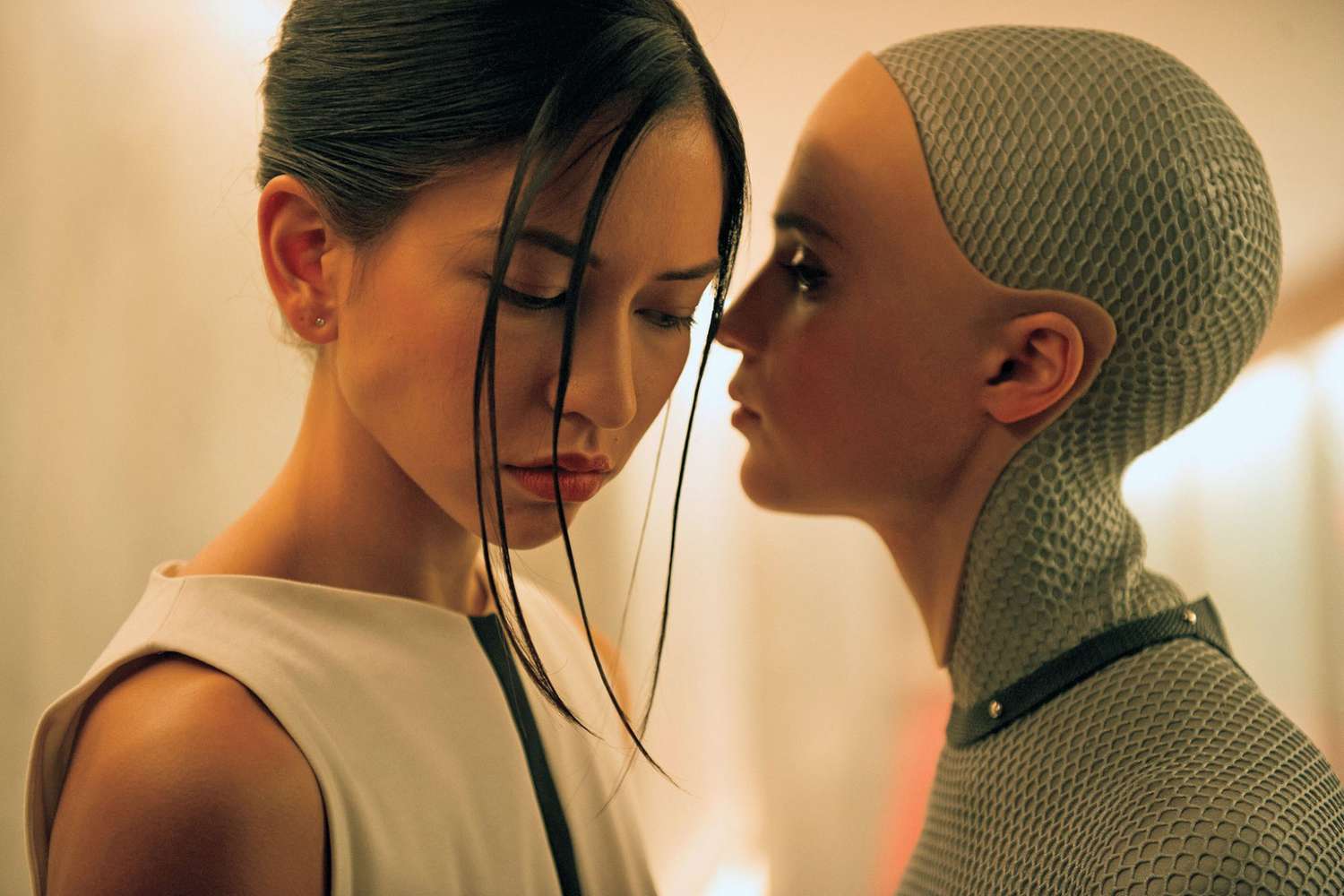
Sitting at a recent conference meeting, one of the folks around the table said: “technology is good, but humans are more important”. That got me thinking, and maybe not in a good way as it immediately made me see that future of machines running the world, and humans coming second.
Ex Machina, Terminator, Black Mirror … you name it, the future could be a world where humans are good, but technology is more important. That’s a debate … or is it? Surely, technology will only be more important if we let it be. We control the machines; they don’t control us.
I guess that’s the balancing debate we have today between our digital and physical world.
For example, during another discussion, a colleague was claiming that smart economies will be run by machines who manage machine-to-machine commerce with no human involved. That got me thinking, and maybe in a good way.
I’ve always wanted technologies to manage my life for me, so I don’t have to think about how my life is running. All those pain in the ass bookings, issues, problems with processes, hanging on call centre lines, pressing 1 for service and getting no service … there seems to be around half my day these days dealing with a bank that wants a form filled, an airline booking made for the wrong day, a hotel that has made a mistake on charges … you name it and I’ve got an example.
The issue here is that when the systems get it wrong, the humans have to sort out the systems’ mistakes and, today, that seems pretty often.
So, we have this balance between machines getting things wrong, humans getting things wrong, and a future where the two have to work in harmony. It’s going to be a balance.
In some ways it is similar to the balance between losses and gains. We run a system where fraudsters and criminals constantly try to break the system and steal resources. The balance is countermeasures to stop the underworld breaking into our world. Security systems, PINs and passwords, security keys, two-factor authentication, biometrics and more are the measures taken by financial institutions to try to avoid fraud. It still doesn’t work, but it keeps fraud to an acceptable level. The same will be true about man and machine.
We will allow machines to run economies, make us smarter, make our lives easier and be integral to societies, cities and governments but, if we are smart, there will always be an off switch. After all, they are just machines.
So the future is one where the human-machine relationship develops and the machines are allowed to run the world … but only as long as we allow it.
Postscript:
This is my hope.
Chris M Skinner
Chris Skinner is best known as an independent commentator on the financial markets through his blog, TheFinanser.com, as author of the bestselling book Digital Bank, and Chair of the European networking forum the Financial Services Club. He has been voted one of the most influential people in banking by The Financial Brand (as well as one of the best blogs), a FinTech Titan (Next Bank), one of the Fintech Leaders you need to follow (City AM, Deluxe and Jax Finance), as well as one of the Top 40 most influential people in financial technology by the Wall Street Journal's Financial News. To learn more click here...

